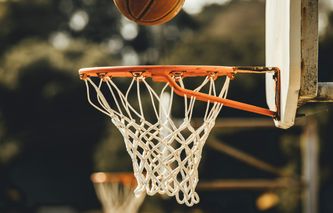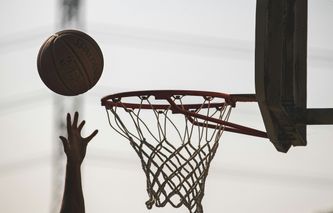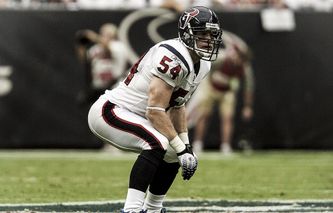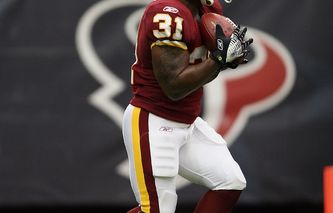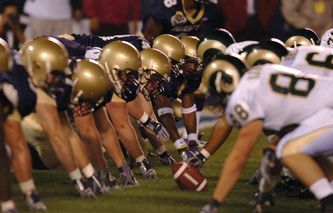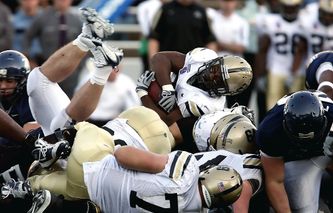
The new MLB season is underway, and the action does not stop, with the Royals and Orioles facing off for their second series of this season. Tonight, April 1, these two teams will kick off their three-game series at Oriole Park at Camden Yards. The home team is the favorite for tonight's game, receiving -162 odds from bookie apps.

David Stefanoski
April 2nd, 2024
Top Promo Codes for April 2024
March 5th, 2024
March 5th, 2024
March 5th, 2024
Basketball News
NFL News
Interviews and Insight

Over-the-Rhine, Cincinnati, Ohio – The Bockfest is an annual event held in Cincinnati’s historic Brewery District, celebrating the city’s German cultural heritage with one of its favorite drinks: bock beer. The strong, dark beer synonymous with German celebrations is often accompanied by goat imagery; the Bockfest is no different. In its first rendition, the first barrel of beer to be drunk was “transported by goat cart from the oldest bar in town to the oldest church,” according to the Fest’s website. Now, the humble cart has evolved into a “trojan goat” which transports the malty liquid to its thirsty patrons,...
.png)
Matt Falcona
October 2nd, 2023
.jpg)
Sporting Post sits down with EPL legend Bradley Friedel to get his thoughts on his former teams, 'Messi mania' that's gripping Miami and his young players to watch in the MLS. The former goalkeeper suggests that his former club, Liverpool, can in fact challenge Manchester City, who are widely touted favourites amongst soccer betting apps to win it all this season.

Ben Mendelowitz
September 6th, 2023
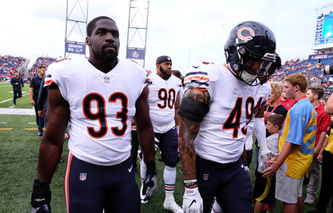
Former NFL player Sam Acho shares his insights on the upcoming NFL season. He highlights the Cincinnati Bengals as a team to watch in the AFC, praising their potential with Joe Burrow, Jamar Chase, and Tyler Boyd. Acho also considers the Philadelphia Eagles, led by Jalen Hurts, as strong contenders due to Hurts' competitive spirit. He believes Trevor Lawrence could be a sneaky MVP candidate, noting his growth in the Jaguars' offence.

Ben Mendelowitz
September 4th, 2023

Speaking to Sporting Post, all time great and Eubank Jr’s former trainer Roy Jones Jr has explained how Eubank Jr was troubled with complacency ahead of his showdown with Liam Smith back in January and was feeling the effects of a “very draining” weight cut.

Ben Mendelowitz
August 31st, 2023
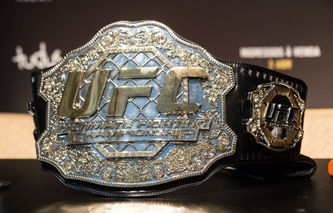
“I’m blessed to live this nomadic lifestyle and I want to go to New Zealand and train with Israel Adesanya next because right now he's the best striker in the sport, and the way he switches between southpaw and orthodox, the flow, the beauty in they way he disguises the change of stance is mesmerizing, and I love it, and I believe that’s the next evolution for me. I've got everything I ever need from an orthodox point of view. Now if I have that from a southpaw point of view, I'm twice the challenge I already am, and it’s...

Ben Mendelowitz
August 17th, 2023

Speaking exclusively to Sporting Post, Conor McGregor’s former sparring partner confirmed ‘The Notorious’ is back sparring ahead of a UFC return. Moran, who had a public spat with Jake Paul and vowed to ‘rip his head off’ has also quashed the beef with the American before his bout with Nate Diaz.

Ben Mendelowitz
August 23rd, 2023

Speaking exclusively to Sporting Post, former two-time welterweight champion and last opponent of Floyd Mayweather, Andre Berto spoke candidly about his time in the ring with ‘’Money’’ Mayweather - alongside his meticulous discipline outside of the ring. He also teased a possible comeback against British boxing legend Ricky Hatton and gave his thoughts on the ‘’Battle of the Billionaires’’ saga between Mark Zuckerberg and Elon Musk.

Ben Mendelowitz
July 7th, 2023

Sportingpost.com sits down with former US open and British Open champion Tony Jacklin. Tony shared his insights on various players and the state of the game. He expressed enthusiasm for Wyndham Clark, the new US Open champion, who Jacklin believes has gained confidence and has the potential to challenge for more majors. Jacklin also praised Ricky Fowler's improved performance since reuniting with coach Butch Harmon and predicted a possible win for Fowler before the end of the year.

Ben Mendelowitz
June 20th, 2023
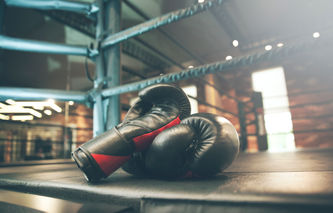
“I don't believe Tyson Fury versus Jon Jones is a serious thing at all, Dana White is full of bollocks. Most of what he says is not true, most of what he says is a lie. Over the test of time you see he's lying about almost everything, but he's a good salesman and all good salesmen are good liars, and that falls into this category. I don't believe Tyson Fury versus Jon Jones is a serious thing at all. I don't think Dana can make the fight happen and I don't believe the fighters will fight. Absolutely not, but...

Ben Mendelowitz
June 19th, 2023

As the Denver Nuggets defeated the Miami Heat, confirming what many in the NBA betting world thought before the Finals, Nate Robinson comments on Ja Morant's Instagram Live controversy and offers advice for his future. Nate discusses the potential of the Oklahoma City Thunder and shares his views on Victor Wembanyama's hype. Finally, he reflects on his NBA career, the coaches he played under, and his top five players of all time.

Ben Mendelowitz
June 16th, 2023












